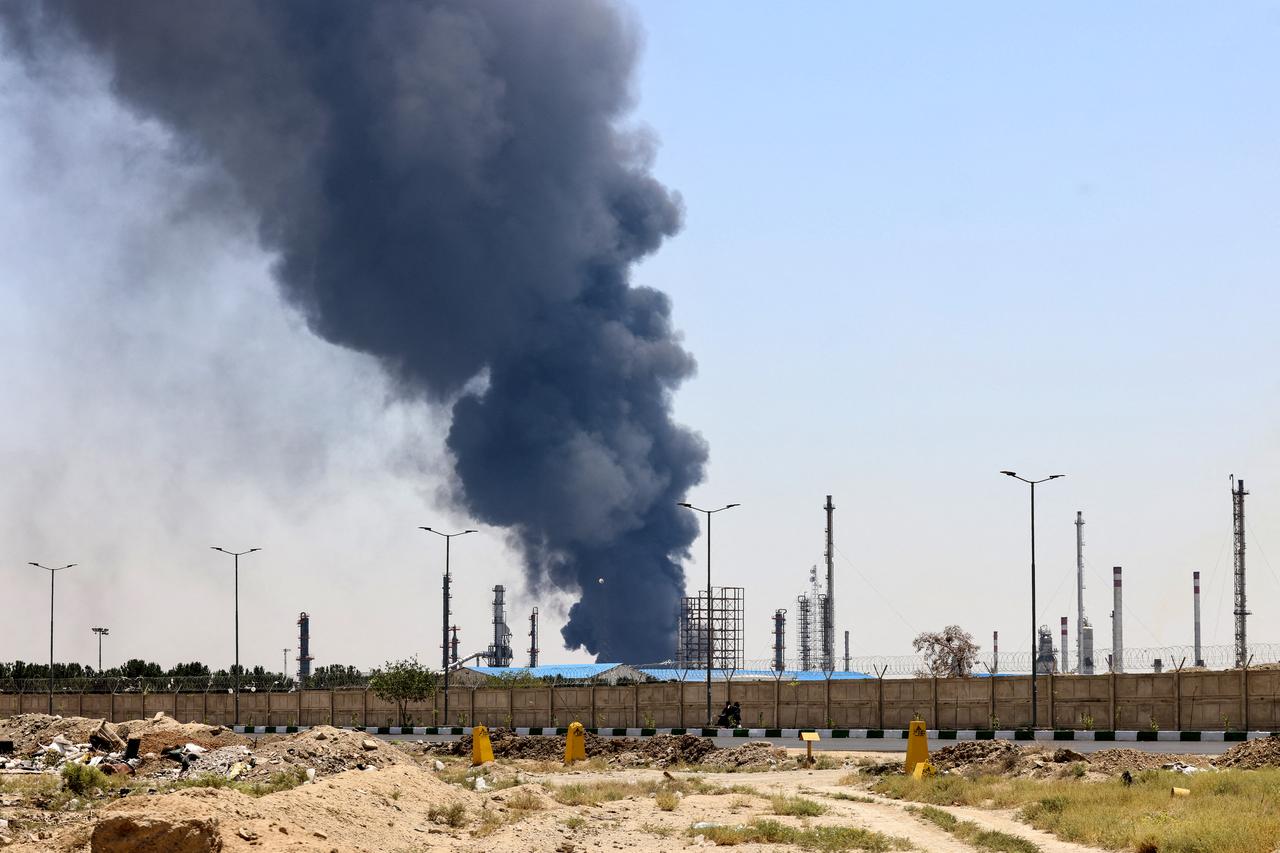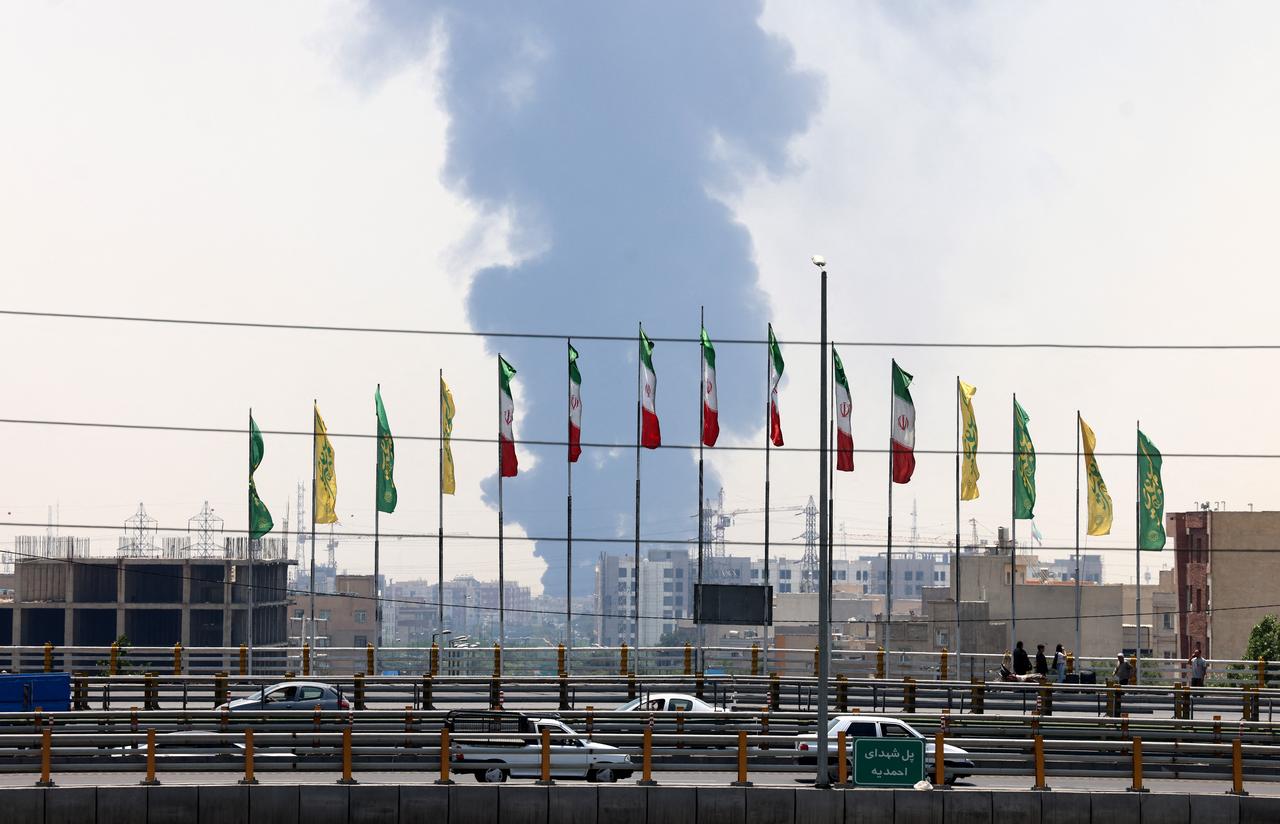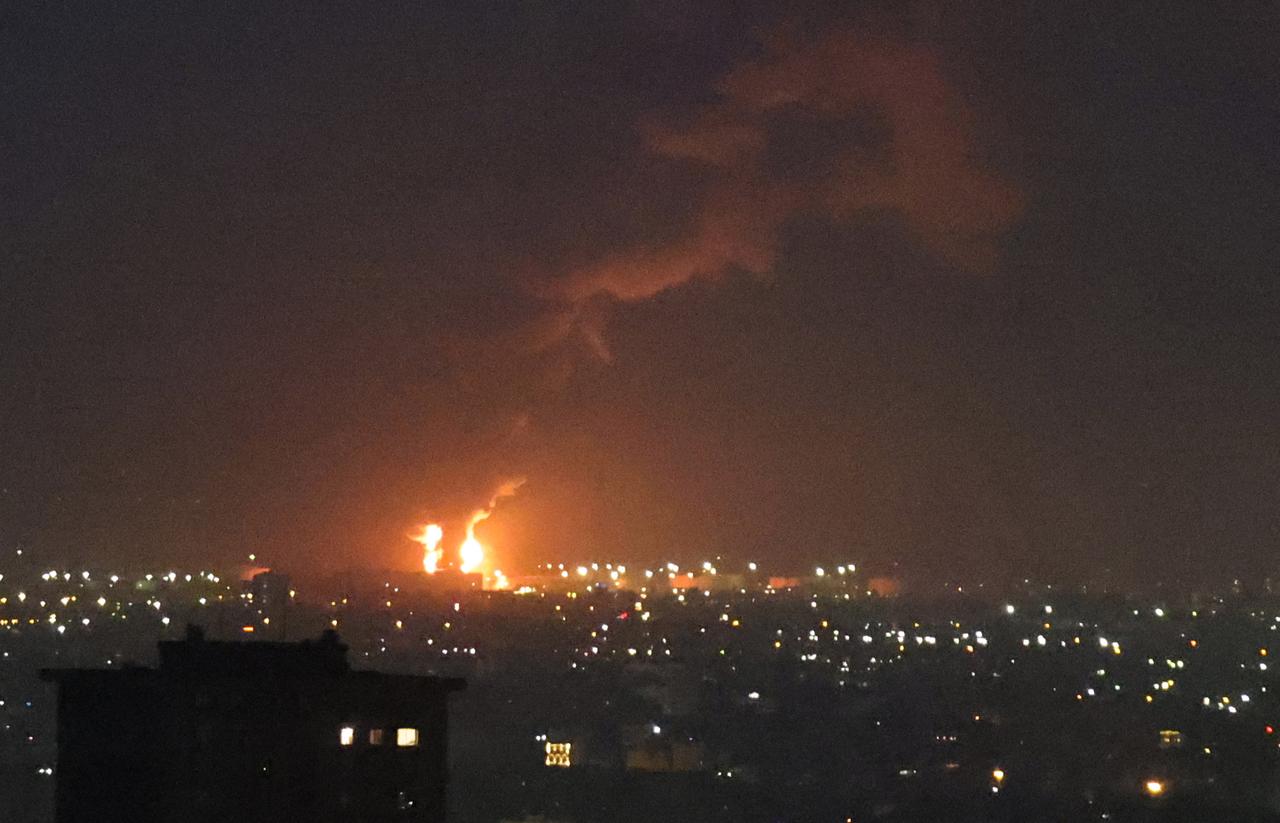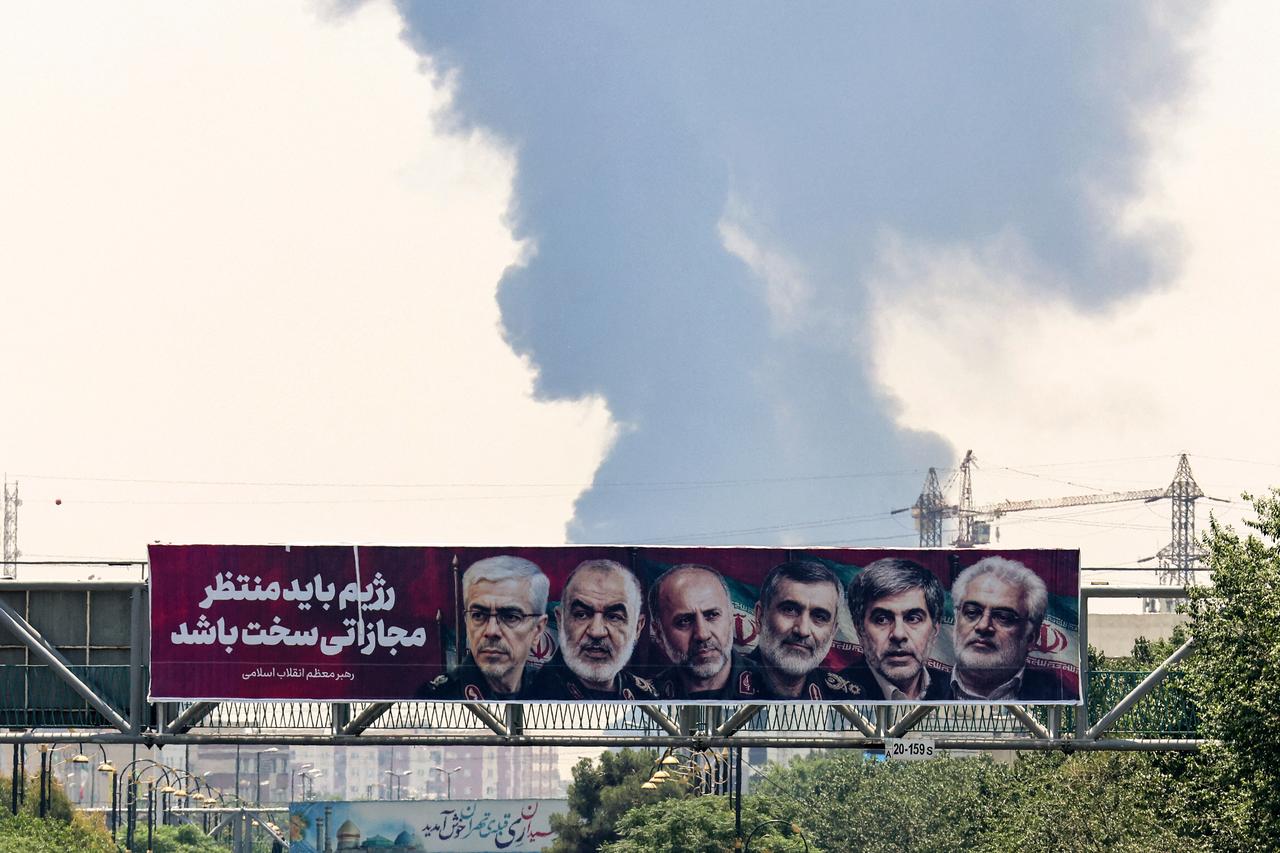
Iranian Foreign Minister Abbas Araghchi warned Sunday that Israel's attack on a critical natural gas facility represents a dangerous escalation that could drag the Persian Gulf region into broader conflict.
Speaking to foreign diplomats, Araghchi said the strike on South Pars, Iran's largest gas field, was "a major strategic mistake, likely deliberate and intended to extend the war beyond Iranian territory."
The offshore facility near Bushehr province supplies approximately 70% of Iran's domestic natural gas and sits within the world's largest known gas reserve, shared between Iran and Qatar. Iranian media reported Saturday that an Israeli drone caused a "massive explosion" and fire at one of the South Pars Phase 14 facilities.
"Dragging the conflict into the Persian Gulf region is a major strategic mistake," Araghchi said, describing the attack as "an extremely dangerous move" that could "involve the entire region—and possibly the whole world."

The strike occurred amid rapidly escalating hostilities between the two nations. On Friday, Israel launched what it described as a large-scale military operation against Iran, targeting military bases, nuclear sites, and residential areas. The attack killed top Iranian military commanders and nuclear scientists, according to Iranian officials.
Iran responded with missile strikes on Israel that left at least 10 Israelis dead overnight Sunday and dozens wounded, marking a significant escalation in direct confrontation between the regional powers.
The Iranian foreign minister said Tehran "does not want the conflict with Israel to expand to a wider regional war unless it's imposed on us" but criticized Israel's targeting of Iranian petrochemical infrastructure as risking broader regional conflict.

Araghchi also linked the military strikes to stalled nuclear negotiations, saying Iran had been prepared to continue talks with the United States before Friday's Israeli attack disrupted diplomatic efforts.
"It is absolutely clear that the Israeli regime does not want any agreement on the nuclear issue; it does not want negotiations, and it does not want diplomacy," he said during the meeting with foreign ambassadors broadcast on state media. "The attack on Iran amid nuclear talks clearly demonstrates the Israeli regime's opposition to any form of negotiation."

President Donald Trump sought to distance the United States from the Israeli operation, writing on Truth Social Sunday morning that the US "had nothing to do with the attack on Iran tonight." However, he issued a stark warning: "If we are attacked in any way, shape, or form by Iran, the full strength and might of the US Armed Forces will come down on you at levels never seen before."
Araghchi dismissed Trump's denial, claiming Iran possessed "solid evidence" of US support for the Israeli strikes, though he did not specify what that evidence entailed.
"From our perspective, (Israel's) aggression against the Islamic Republic of Iran could not have occurred without the agreement and support of the United States," he said.
The South Pars field, which Iran has been developing since the late 1990s, represents a critical component of the country's energy infrastructure and economy. Any sustained damage to the facility could significantly impact Iran's domestic energy supply and its position in regional energy markets.